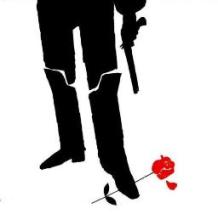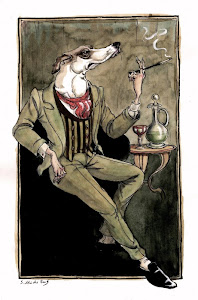While the other financial crisis novels are set in US investment banks staffed by big swinging dicks on immodest bonuses, Cartwright’s story is about a traditional bank in the City of London. Tubal & Co was founded 300 years ago by Moses Tubal, and 11 generations later the family has become banking royalty. Sir Harry Trevelyan-Tubal unerringly knows exactly which flower will be right to match the subtle flecks of colour in his tweed jacket. He also knows, equally unerringly, that good banking means serving your clients well and maintaining a ratio of two-thirds assets to one-third loans.
But now Sir Harry has had a stroke and is dying in his beautiful house in Antibes, cared for by his loyal assistant. His second son, Julian Trevelyan-Tubal, is running the bank and has turned his back on his father’s principles, allowing himself to be seduced by hedge funds. To save the bank from ruin, he arranges for the balance sheet to be fraudulently bolstered with a view to selling out to a big US bank.
Yet Cartwright is not trying to tell us that Sir Harry, who believed in conservative banking, was a good man, nor that his son, who has become a liar and a cheat, is an evil one. Indeed, for all his perfect manners, effortless charm and gorgeous John Lobb boots, the father is so cold that his first wife killed herself. His sons have had a loveless childhood and the older is a trust fund hippy, while Julian still sustains himself at night by dreaming that his childhood pony is talking to him.
- Excerpt from review of Other People's Money (Justin Cartwright) by Lucy Kellaway, FT, 4 March 2011
http://www.ft.com/cms/s/2/6171a6d0-45e3-11e0-acd8-00144feab49a.html#axzz1GcD12f1A
© Copyright The Financial Times Ltd.
14 March 2011
Subscribe to:
Post Comments (Atom)






















No comments:
Post a Comment